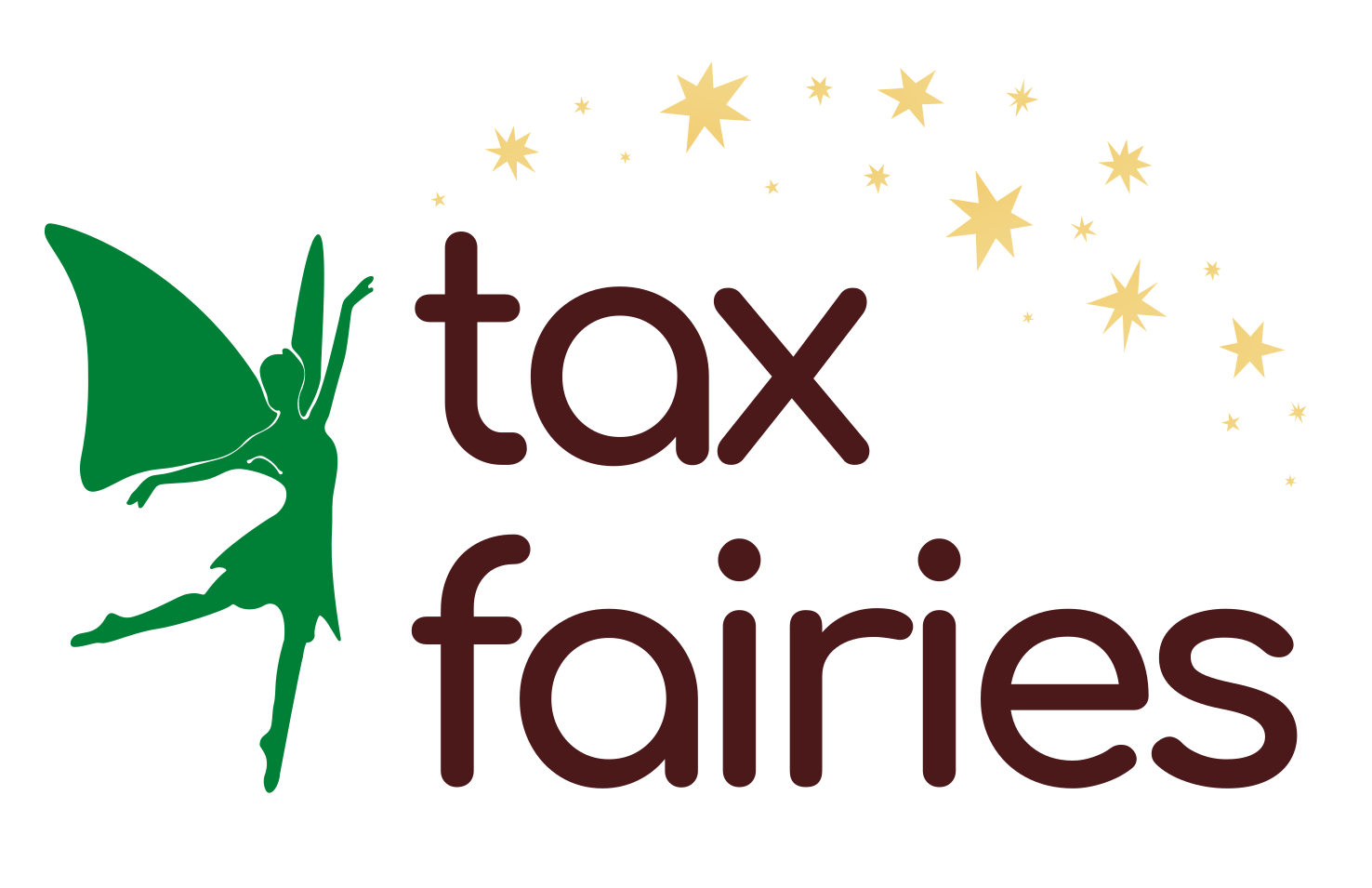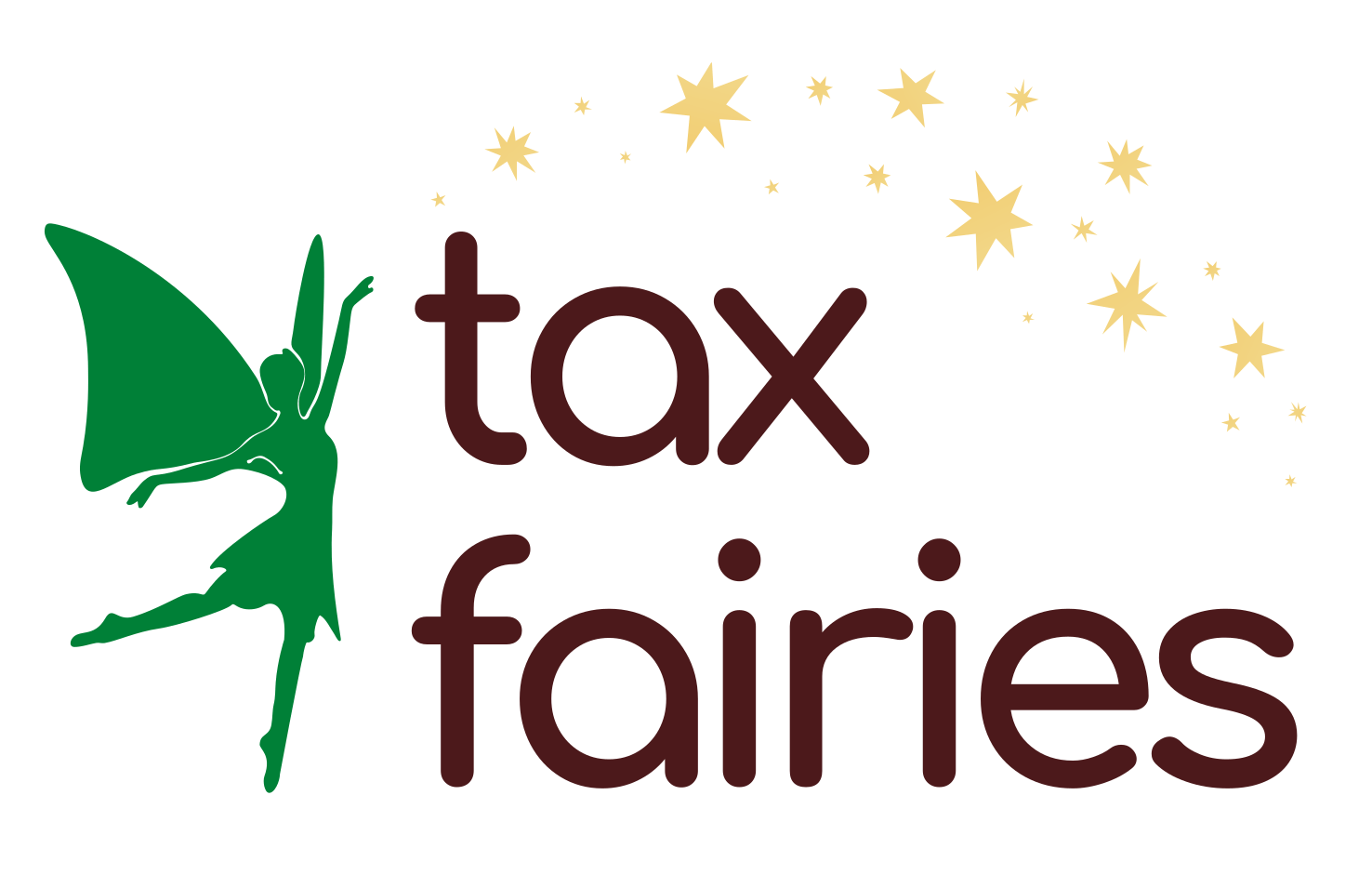Tax Preparation for Actors and those in the Creative Industry
Finding your way through the financial world as an actor can feel overwhelming, but we can help you tackle it!

Finding your way through the financial world as an actor can feel overwhelming, but we can help you tackle it!
With various income sources, unique deductible expenses, and ever-changing tax regulations, you need to approach your finances in a way that suits your needs. This guide is here to help you with "Tax Preparation for Actors" and "Accounting for Actors," highlighting why having a specialised tax agent is so beneficial.
Why Actors Need Specialised Tax experts
1. Diverse Income Streams
As an actor, you earn from various sources: films and TV roles, theatre performances, commercials, royalties, and endorsements, and each has its own tax implications!
2. Maximising Deductions
Specialised tax accountants know all the ins and outs of deductions specific to the acting profession. We can help you make the most of eligible expenses like working from home, clothing, research, travel, and marketing so you don't overpay your taxes.
3. Regulatory Compliance
Tax laws are constantly changing—especially in the entertainment field. Thankfully, we keep up with the latest updates, helping you stay compliant and avoid nasty penalties.
Key Deductible Expenses for Actors
1. Clothing and Costumes
You can deduct expenses for clothing used for your roles, including costumes and their upkeep.
2. Research Expenses
Going to performances, watching films, and subscribing to industry-related media for research.
3. Equipment Costs
Any necessary equipment—like computers, software, and printers—used for auditions and managing your finances.
4. Marketing Expenditures
Expenses related to self-promotion include creating showreels, maintaining a promotional website, or paying fees for networking events.
5. Travel Expenses
When you travel for auditions, performances, or work-related activities, you can also deduct the costs. This includes public transport, taxis, flights, and accommodation.
6. Health and Gym Costs
If staying fit is part of your acting job, gym memberships and fitness classes are deductible!
7. Training and Classes
Expenses for classes that help you hone your skills—like acting, singing, or dancing—can be deducted! Depending on the structure, the costs for drama school might also qualify as deductions.
8. Professional Services
Fees for accountants, solicitors, and agents are also deductible. These professionals can be very helpful with contract management, financial planning, and securing roles.
Practical Tips for Effective Accounting
1. Maintain Accurate Records
Keeping detailed records of all your income and expenses is crucial.
2. Separate Personal and Business Finances
Having separate bank accounts for personal and business transactions is a good idea.
3. Keep Receipts and Documentation
Keep all your receipts and invoices. Documenting the business purpose of each expense will help you justify deductions confidently.
Strategies for Tax Preparation
1. Estimate Your Tax Liability
We can help you estimate your annual tax liability. This way, you can set aside the right amount and avoid surprises later.
2. Quarterly Tax Payments
As an actor, you should make quarterly estimated tax payments. To stay on top of things, calculate these based on your expected income and expenses.
3. Understand Self-Employment Tax
You're responsible for your income tax and National Insurance contributions if you're self-employed. We can help you with these calculations to make things easier.
4. File on Time
We make sure you file your taxes on time—this helps you avoid penalties!
5. Review Regularly
We will review your finances and tax situation regularly. Staying proactive means, we can adjust as needed.





